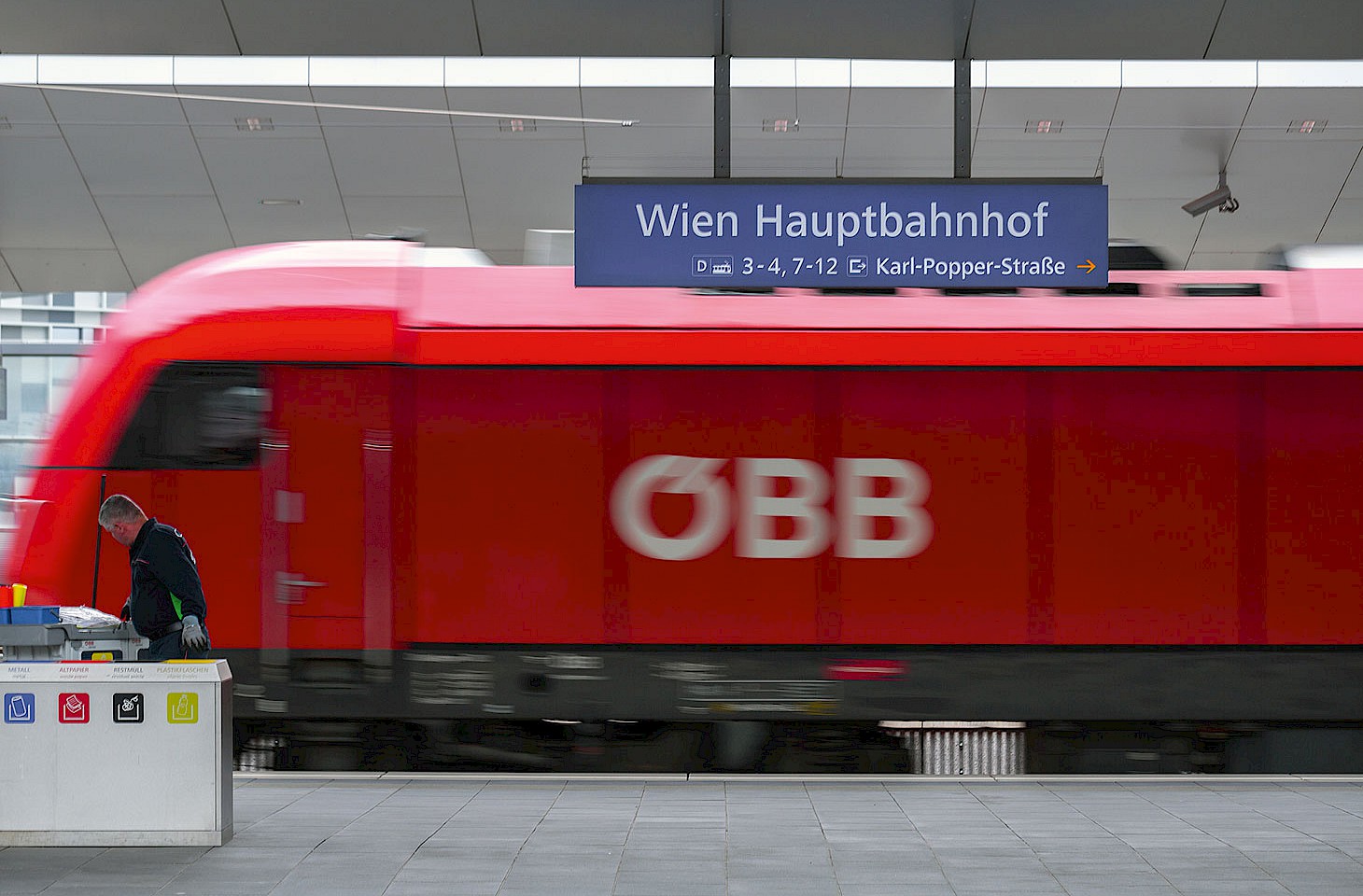The improbable links between distant communities are never dull. The affirming flame that asserts the spirit of the Azores, a tiny mid-Atlantic volcanic archipelago, burns as brightly in New Bedford on the coast of the American state of Massachusetts as ever it does in Ponta Delgada. It was the whaling industry that first forged the link between these two places, but successive waves of emigration from the Azores to New England sealed New Bedford's status as the very capital of Azorean life in North America.
Gimli, a little township in rural Manitoba, about a hundred kilometres north of Winnipeg, still breathes the soul of a dozen Icelandic communities. It was a hundred and thirty years ago this autumn that the first Icelandic settlers arrived in Gimli, their new community on the shores of Lake Winnipeg aptly named after the celestial hall of the Norse gods - though the early days in Gimli could scarcely have born any resemblance to a gold shingled heaven. Gimli quickly grew, aided by the catastrophic explosion of the Askja volcano in Iceland in 1875, which sent many boats full of migrants from Vopnafjörður to join the early pioneers at Gimli. Nowadays there is as much of the spirit of Iceland's remote northeast corner on the shores of Lake Winnipeg as ever remains on the harsh lava plateaux and sparsely populated valleys of the migrants' original island home.
But few communities are so fully entrusted with preserving the flame of communal memory in quite the way that Wroclaw is. This city of more than half a million people in Polish Silesia keeps alive the very soul of prewar Lwów. Border changes in 1945 meant that Lwów found itself no longer part of Poland but now in Ukraine - where today it is known as Lviv. In the three years following the end of the war, well over a million Poles moved westward across central Europe, as Polish cities like Lwów and Wilno (nowadays the Lithuanian capital Vilnius) were evacuated. Many from Wilno settled in Torun and Gdansk, others scattered through a thousand towns and villages from Mazuria to Mazovia. But for the Lwówians there was one destination which dominated all others: the onetime German city of Breslau, which in the late spring of 1945 reassumed its Polish mantle as Wroclaw. And where once the Silesian city, particularly during the nineteen fifties and sixties, had an ambiguous relationship with the memories evoked by lost Lwów, nowadays Wroclaw proudly carries a flame kindled in a territory hundreds of miles away to the east.


